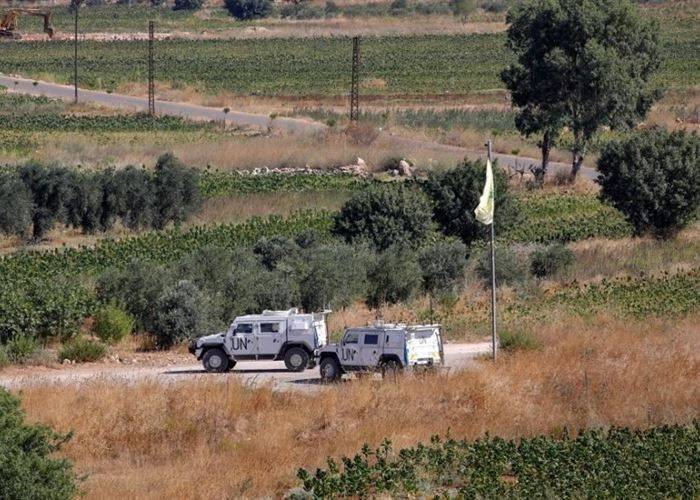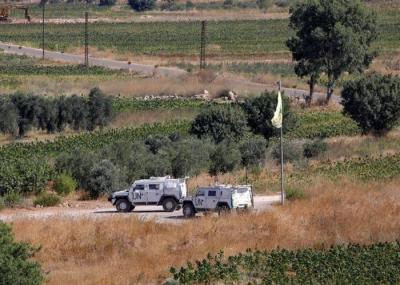Could the front between Lebanon and Israel escalate soon? On the occasion of the Resistance and Liberation Day, Hezbollah's Secretary-General Hassan Nasrallah stated that in the coming days, events might occur in Palestine and Jerusalem that could lead to serious developments. He emphasized that any attack on Al-Aqsa Mosque and the Dome of the Rock would trigger a major explosion in the region, claiming it would provoke all people of the Islamic and Arab world and every free individual. This comes shortly after an Israeli drone was shot down in the south on Thursday evening.
Meanwhile, in the wake of this statement, the Chief of Staff of the Israeli army, Aviv Kochavi, stated that if a war breaks out against Hezbollah, "ground forces will have to operate across the Lebanese border to defeat the Iran-backed party." Kochavi pointed out that "Hezbollah has an elite unit called the 'Radwan Forces' that is trained to cross the border and invade Northern Israel to capture a military base or one of the Israeli communities for propaganda purposes," assuring that "the Israeli army is ready to thwart any such attempts and is constructing a new wall along the border."
He noted that "Hezbollah is capable of deploying 45,000 short-range rockets and 80,000 medium and long-range rockets, dozens of which are precision missiles and mortars," considering that "in the event of a war, up to 1,500 rockets could be launched from Lebanon daily." He stressed that "thousands of Israeli soldiers are training to respond, including destroying rocket-launching sites, and targeting command and control centers of Hezbollah near the border, along with anti-aircraft sites and observation points." He indicated that "the army estimates that after nine days of fighting, there could be thousands of casualties in Lebanon, many of whom might be Hezbollah fighters, but some civilians could also be affected despite Israeli plans to evacuate civilians around their targets."
He added, "In Israel, around 300 civilian and military deaths may occur after nine days, with 80 sites across the country being destroyed, including residential buildings that might be subjected to direct fire." Thus far, diplomatic sources tell "Al-Markazia" that these reciprocal escalation statements are aimed primarily at rallying sentiment and do not indicate that a confrontation is likely to ignite soon. The statements from the Israeli military official are intended to prevent any war rather than provoke conflict.
However, according to these sources, both military escalation and its absence are viable options. On one hand, one could argue that the initiation of Saudi-Iranian dialogue enhances the chances for de-escalation in the region, while on the other hand, the failure of the Vienna negotiations and President Joe Biden's refusal to remove the Iranian Revolutionary Guard from the U.S. sanctions list could signal a possibility of hot fronts in the region, including the southern Lebanese front. Which option will advance? As of now, the sources conclude that escalating tensions in the 1701 area seem unlikely.




